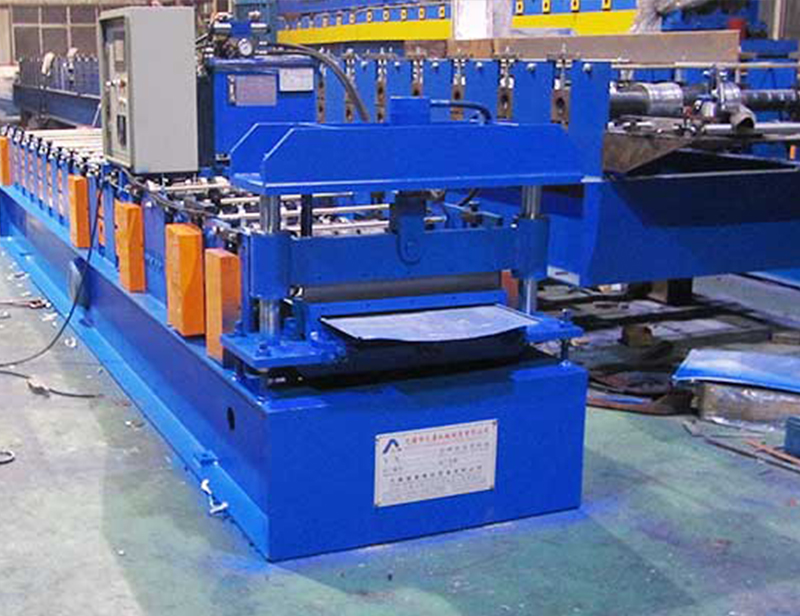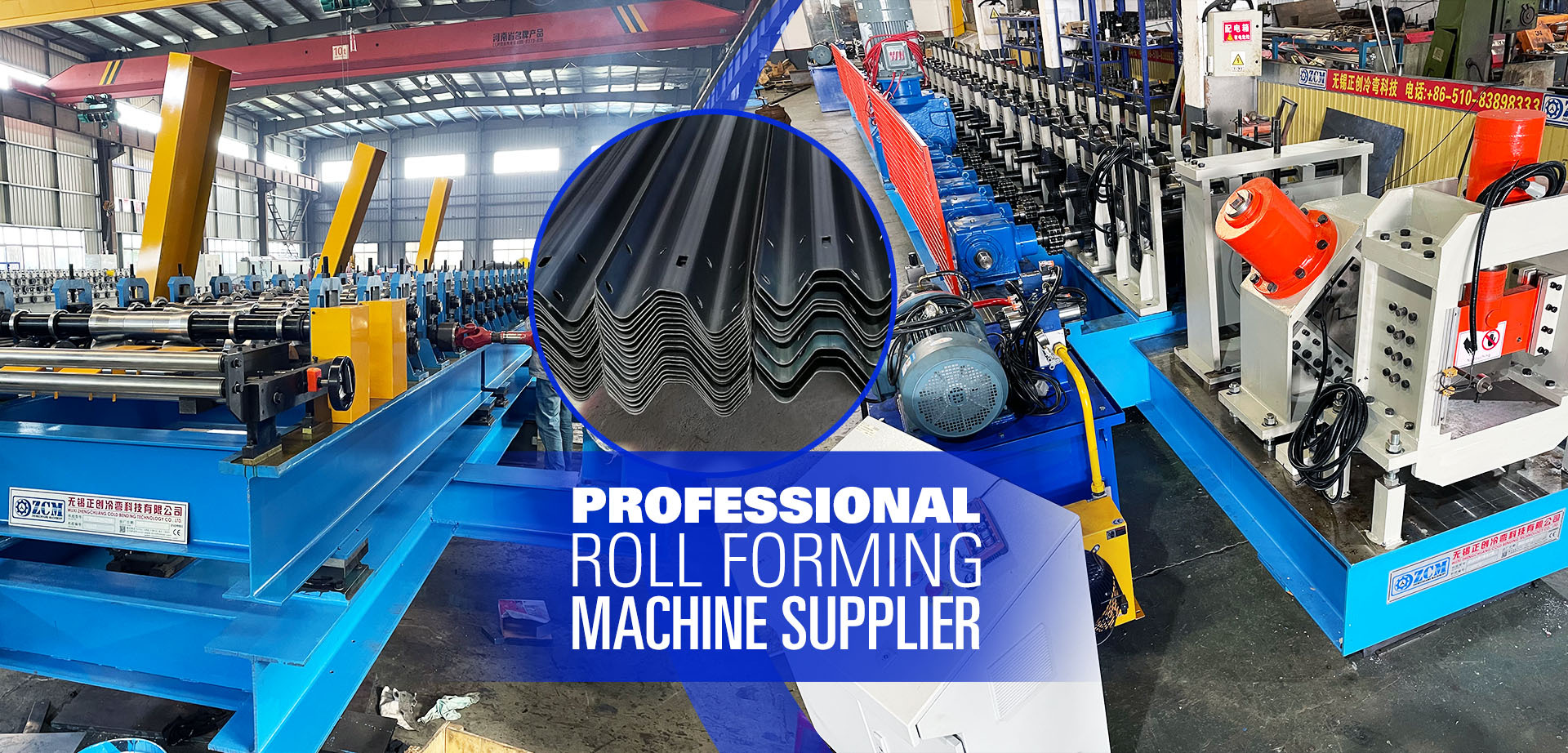Navigation Menu
Contact Us
- Email:
- info@wxavatar.com
- Address:
- Yurong Village, Yuqi Street, Huishan District, Wuxi, China.
Release Date:Jul 16, 2025 Visit:62 Source:Roll Forming Machine Factory
The adoption of steel silo roll forming technology has seen significant growth across multiple industries in recent years. This manufacturing approach offers distinct advantages that make it increasingly attractive for storage solutions in agriculture, manufacturing, energy, and other sectors. As businesses seek more efficient and cost-effective storage systems, roll-formed steel silos present a compelling option.

Key Advantages Driving Adoption
1. Cost Efficiency in Production and Installation
Steel silo roll forming technology reduces manufacturing costs through streamlined production processes. The continuous forming of steel coils into precise shapes minimizes material waste and labor requirements. Installation costs decrease as well, since roll-formed components are designed for quick assembly on-site, requiring less specialized labor compared to traditional construction methods.
2. Enhanced Structural Integrity
The cold-forming process used in roll forming work-hardens the steel, increasing its strength without additional heat treatment. This results in silos with consistent wall thickness and improved structural performance. The precision of roll forming ensures tight tolerances and uniform quality throughout the entire structure, leading to more reliable storage solutions.
3. Design Flexibility
Modern roll forming equipment can produce steel silos in various diameters, heights, and configurations to meet specific capacity requirements. This adaptability allows for customization to fit different operational needs without significant retooling costs. The technology supports the creation of specialized features such as reinforced openings, access points, and discharge systems as integral parts of the silo design.
4. Improved Material Utilization
Roll forming optimizes steel usage by converting coils directly into finished components with minimal scrap. The process allows for precise control over material thickness, using only what's necessary for structural requirements. This efficient use of resources contributes to overall project cost savings without compromising quality.
5. Consistent Quality Control
The automated nature of roll forming ensures consistent product quality across all manufactured components. Computer-controlled systems maintain precise dimensions and tolerances throughout production runs. This consistency reduces installation challenges and ensures predictable performance throughout the silo's service life.
Industry-Specific Applications
Agricultural Storage
Grain producers and processors increasingly choose roll-formed steel silos for their durability and protection against moisture and pests. The tight seams and smooth interiors prevent material buildup and facilitate complete emptying.
Industrial Material Handling
Manufacturing facilities utilize roll-formed silos for storing raw materials like plastic pellets, cement, and mineral powders. The technology's precision ensures proper sealing and flow characteristics for various industrial materials.
Energy Sector Usage
Power plants and biofuel producers employ steel silos for biomass and alternative fuel storage. Roll-formed structures provide the necessary capacity and material handling properties for these applications.

Conclusion
The growing adoption of steel silo roll forming technology across diverse industries stems from its combination of economic and performance benefits. As manufacturing capabilities advance and market demands evolve, this technology continues to demonstrate its value as a practical solution for modern storage needs. The ability to deliver customized, high-quality storage systems at competitive costs positions roll-formed steel silos as a preferred choice for many industrial applications.